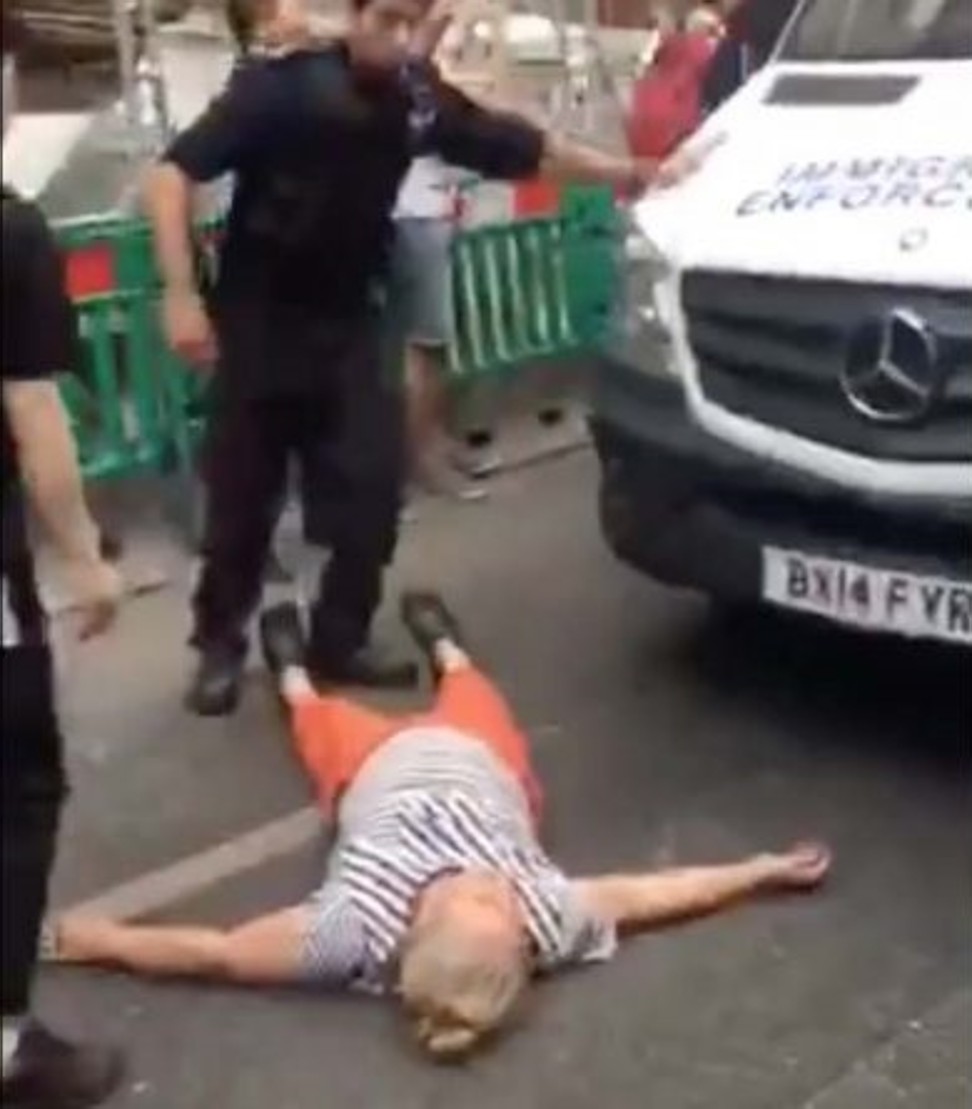
Anger boils over in London’s Chinatown as chefs and waiters protest against immigration ‘fishing raids’
Chinese-restaurant staff are going on strike against what they believe are heavy-handed UK immigration raids, one of which left a woman sprawled in the street in front of a van
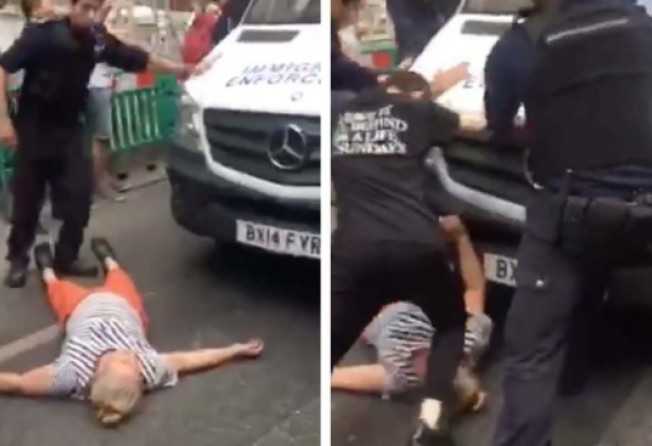
It’s a hot and muggy Saturday afternoon and business is brisk in London’s Chinatown, Europe’s largest.
There are long queues at the Chinese Bakery in Newport Place, a local landmark; a large tour group of teenagers from China passes by, led by a woman carrying a placard with the name of the tour company.
Placards of a different kind are being constructed by volunteers under two white gazebos set up in the square. “No Fishing Raids”, they say. Other volunteers collect signatures and hand out leaflets.
On Tuesday, waiters and chefs in Chinatown’s 100 or so restaurants are downing their menus and cleavers and striking for five hours against what they believe are heavy-handed immigration raids.

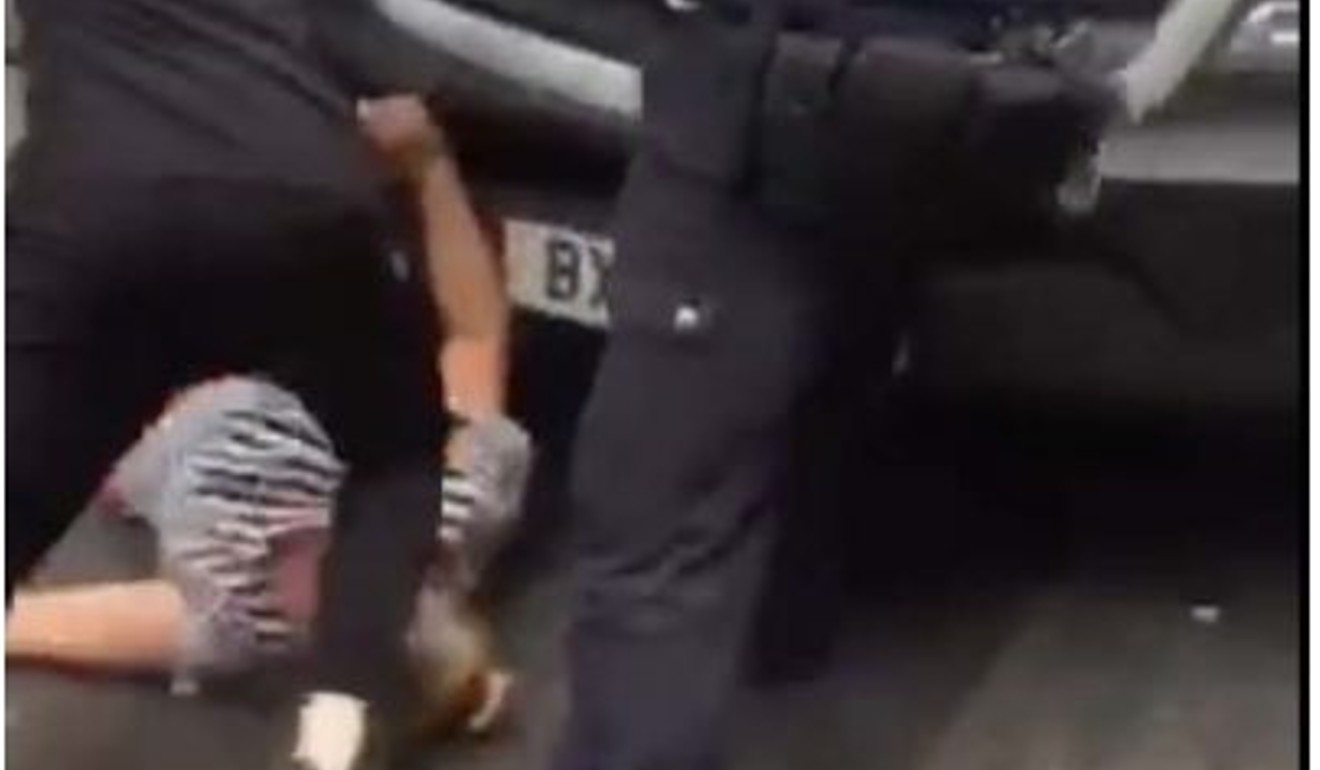
“Its members have the right to be treated with respect and dignity and will not tolerate aggressive or discriminatory behaviour from enforcement agencies.”
The final straw came earlier this month, when a raid prompted dramatic scenes on Gerrard Street. A video that went viral shows a grey-haired woman push past officers and dash in front of an immigration enforcement van, before somehow ending up spread-eagled on the road.
The slow-rolling van then strikes her or comes close to doing so.
“There is a way to do this in London, you don’t just shove an elderly lady out the way,” said Joseph Wu, spokesman for the London Chinatown Chinese Association (LCCA) that is organising the strike.
“By the time the Chinese complain about something it’s already a huge problem” he said. We are proud of our record of being one of the few communities in London who have hardly any conflict with the authorities. This was the first ever confrontation between the community and enforcement authorities.”
Nia Lieu works as a waitress at the Joy Luck Restaurant where the raid took place on July 5.
“We were sitting down to eat before the shift when the police arrived and told everyone not to move” she said.
“It was the first time we had seen such a thing and were confused.
Of the five men handcuffed and taken away in the immigration van “like terrorists”, only two are still in detention, according to Wu.
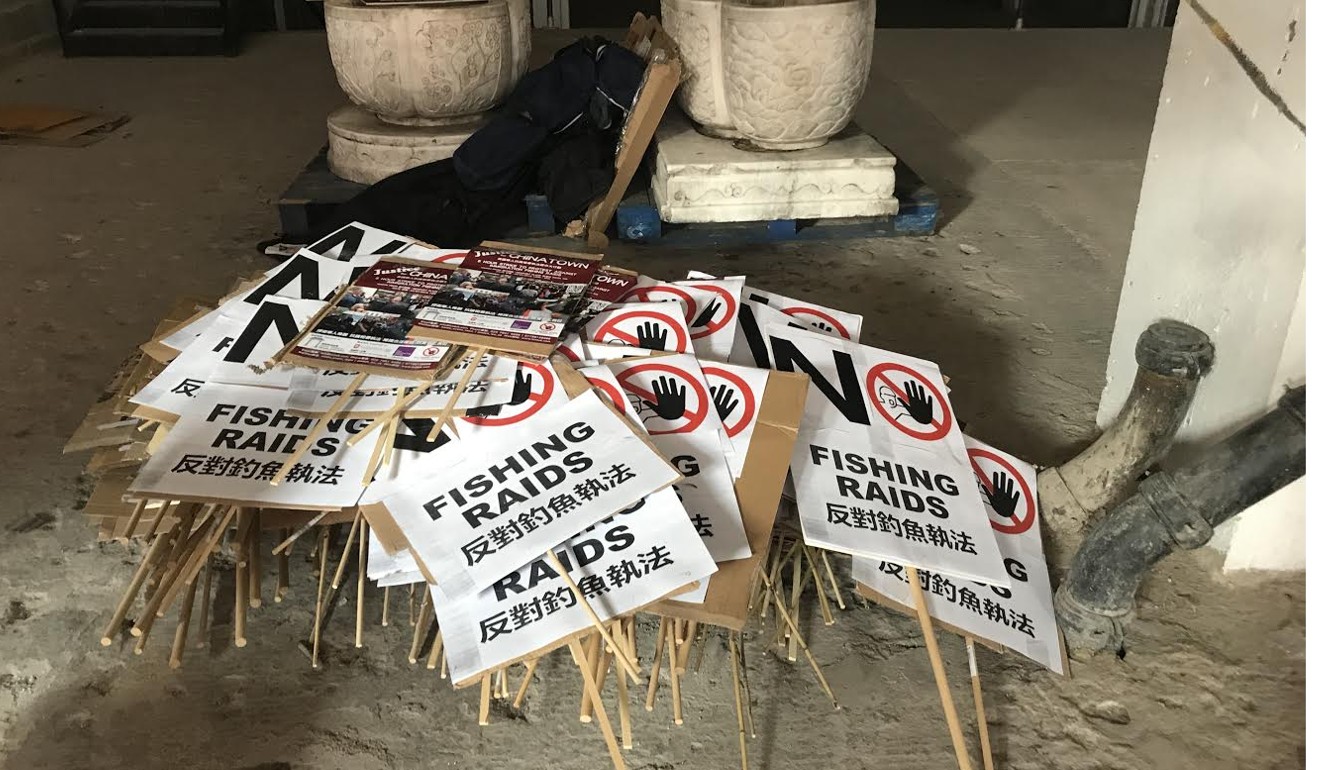
There is a way to do this in London, you don’t just shove an elderly lady out the way
The Home Office denies that “fishing raids” take place in Chinatown or elsewhere and says officers acting on intelligence carry them out.
Many in Chinatown, however, believe it is being singled out by the immigration authorities as a soft, but high-profile target.
“If this had happened to anyone else there would have been a riot” said Lawrence Lee, the longest-serving dentist in Chinatown and a prominent community leader.
“It was a real slap in the face because they had had a meeting to discuss immigration issues here in Chinatown with the Home Office only two days before,” he said.
The LCCA would like the Home Office to apologise to the woman hit by the van, but also wants to increase dialogue with the government to ensure that such raids are carried out in the proper manner with a civilian immigration officer present.
It will be asking why the raid was carried out immediately after the round table meeting with Home Office officials designed to build goodwill and trust.
Questions will also be asked as to why immigration officers who carried out the raid on July 5 left a notice about alcohol licensing as well, without offering any explanation.
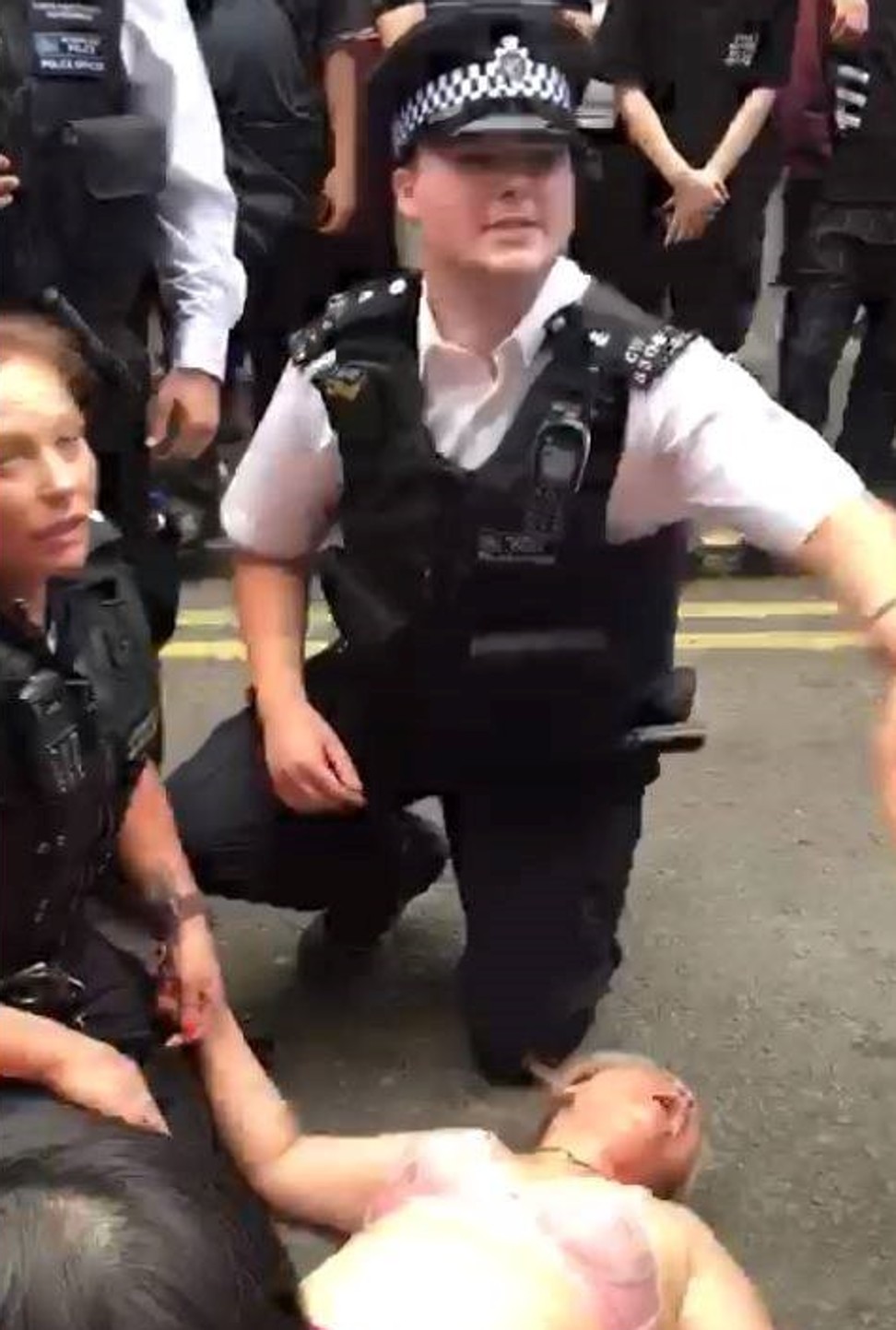
Although no one knows the real numbers, Wu says illegal immigration from China to the UK has been falling over the past few years as opportunities increase at home with China’s booming economy. “Those that do come usually come because they have been conned by the snakeheads,” he said.
The get-tough approach by the UK’s Home Office coincides with a worsening shortage of Chinese chefs.
Mainly poor immigrants from Hong Kong founded London’s Chinatown in the 1950s, setting up restaurants as the British palette became more adventurous, when Hong Kong was a British territory. But as the second and third generation move into professional careers, there is a shortage of restaurant staff.
Along with crippling business rates charged by Westminster Council, the local authority in the area, this lack of Chinese cooks poses a serious threat to Chinatown’s existence.
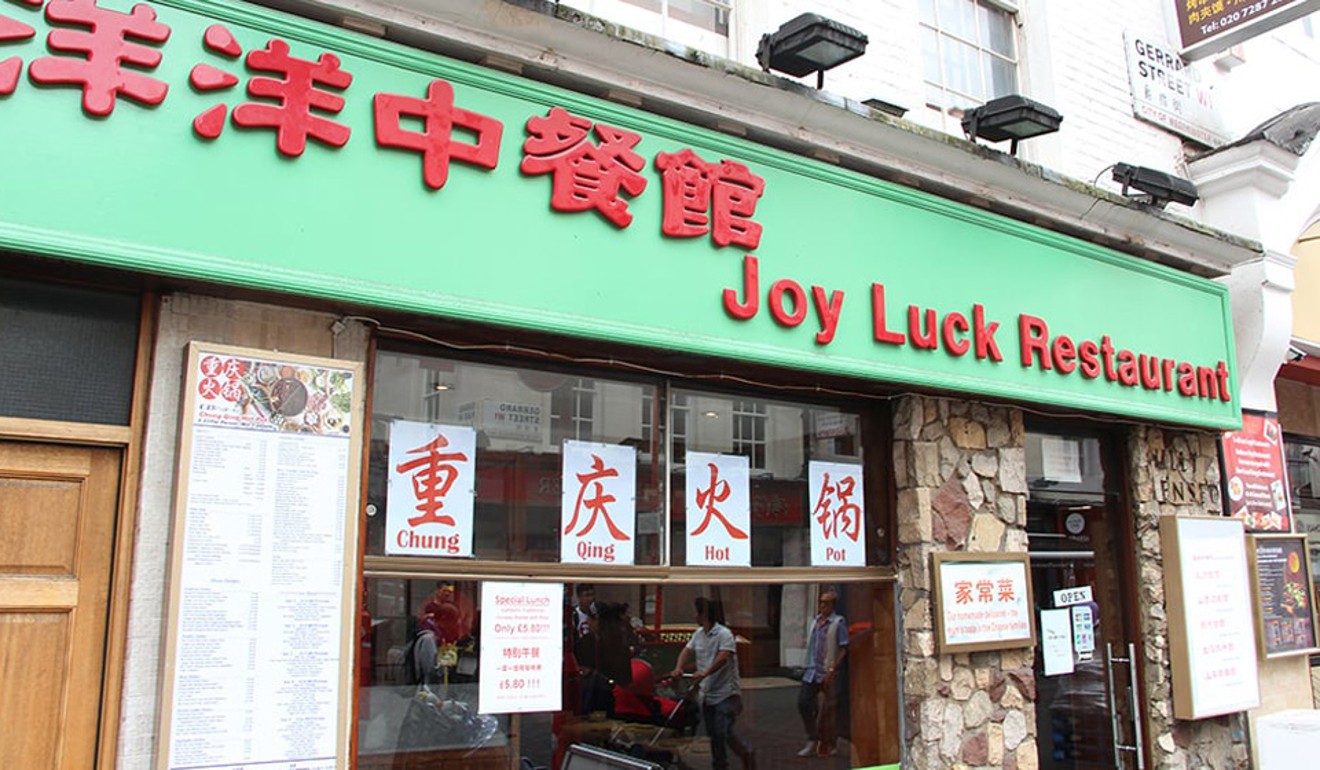
For Chinese chefs, this wouldn’t be a problem. But they are also required to speak English to get a visa, a skill they are unlikely to have, Wu says.
Unlike most other parts of London’s West End, Chinatown has resisted large global catering brands and maintained small, often family-owned businesses.
Traditionally serving up Cantonese fare reflecting its original Hong Kong residents, these days restaurants are dishing up cuisine from all over China amid a growing influx of businessmen and students from mainland China.
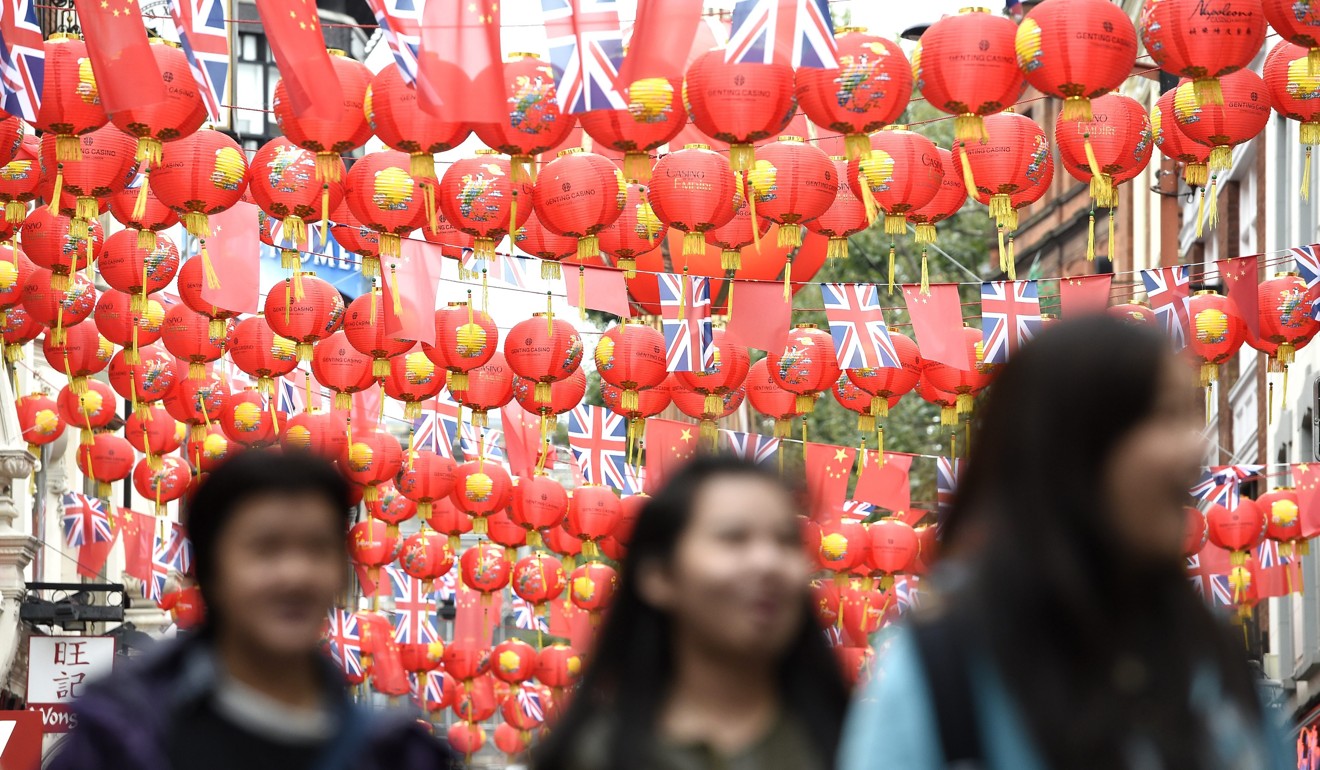
“When you have an area with such a high concentration of small businesses, the sight of these immigration vans and men in uniforms can create the wrong impression and scare off customers.” said Wu.
UK Prime Minister Theresa May introduced tough immigration laws in her last job as Home Secretary, aimed at creating a “hostile environment” for undocumented labour.
Although the number of people coming to live and work from the EU declined in 2017, immigration from non-EU countries was 227,000, the highest level since 2010.